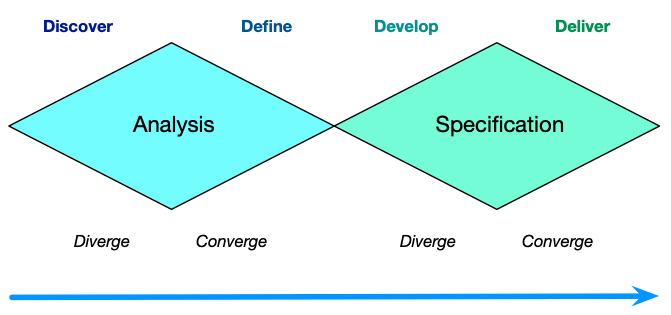There’s a popular meme on the internet that I think is kind of apt. It asks whether you’re the type of person who returns your shopping cart. I think this is an important concept, because it illustrates to me one of the facets that make societies, and organizations, work. So let me talk about courtesy, shopping carts, and the organization.
The meme is basically saying do you return the cart, or leave it near your car. You’ve seen the results: parking spaces blocked by an abandoned cart, carts pulled up on curbs into planters, etc. This, to me, is like whether you bring a bag to clean up after your dog (and place it an appropriate receptacle). Or dump your ashtray and car trash on the side of the street. It’s about recognizing a) that there aren’t necessarily folks who have this as a job, and b) it interferes with innocent others, and c) therefore it undermines a pleasant environment. It may have to do with what your cultural expectations are, but I’ll suggest it’s worth the small effort.
Why does this matter? Because it seems to me that societies work better when folks are courteous. When folks respect one another, they find ways to make things work. When they don’t have that respect, they find or stumble into ways to aggravate situations. Now, I get that sometimes being discourteous is a way to get revenge against a real or perceived injustice. Yet, I suggest there are better ways to register your discontent that more accurately target the perpetrators of the injustice. Random acts of discourtesy can lead to perceptions that you’re just a jerk. Because some of it is people thinking that they don’t have to care about other people. I fear it’s getting worse.
The issue I want to address here, rather than a general societal rant, is about what this means in organizations. What does courtesy have to do with working life? I suggest it has to do with creating an environment in which people can work together for organizational success in an optimal way. That is, if we’re helping make the workplace pleasant, we’re making it effective. This means things like offering to help when you’ve useful information to provide. It means paying attention to the organizational norms. I suggest it also means pointing out when those norms aren’t best for positive interaction. Others: Refilling the printer paper tray when you’ve used the last. Taking notes for someone who has to miss the meeting. Mot missing a meeting if you’ve no real excuse. Keeping meetings on time and on point. Not holding a meeting when there’s a better way.
There are a lot of little courtesies in everyday life. You may have a grudge or grievance, but deal with it appropriately. A lack of courtesy because you’re upset about something else isn’t appropriate or helpful. I reckon it just makes you look like a jerk. That’s my take, what are your thoughts on courtesy, shopping carts, and the organization?





